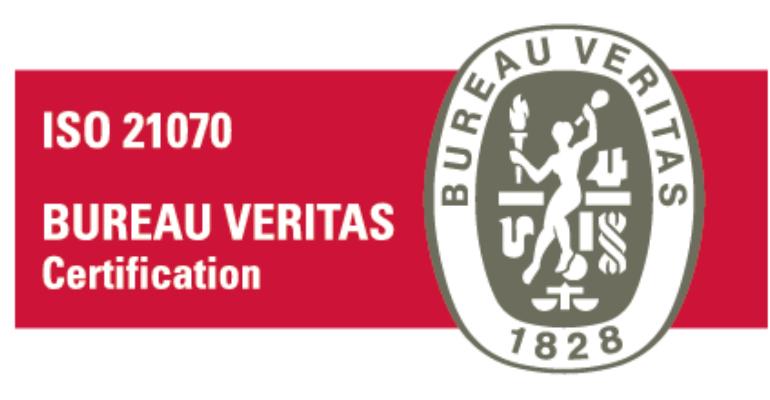The International Organization for Standardization (ISO) certification for marine environmental protection, ISO 21070:2017, specifies the procedures for shipboard management of waste, including handling, collection, separation, marking, treatment and storage. It also describes the ship-to-shore interface and the delivery of waste from the ship to port reception facilities
Certification is complementary to the European Union’s Implementing Regulation 2022/91 of 21 January, 2022 which defines criteria for determining that a ship produces reduced quantities of waste and manages waste in a sustainable and environmentally sound manner.
All future MSC Cruises ships will receive the certification as they enter service, including the line’s first LNG-powered cruise ship, MSC World Europa, and MSC Seascape which join the fleet later in 2022. MSC Euribia, the company’s second LNG ship, will be delivered in 2023.
Solving ‘the great sustainability challenges’
Remarked Minas Myrtidis, VP environmental operations and compliance, MSC Cruises, ‘...As we work to solve the great sustainability challenges that our industry faces, we continue to deploy every tool available to accelerate this, including industry standards and certification. We are and will always remain committed to environmental protection.’
ISO criteria for ports
ISO’s criteria provides additional information on waste management practices for port authorities to consider. For instance, when calculating fees reduction for use of port reception facilities in accordance with the EU Directive 2019/883.
Copyright © 2024. All rights reserved. Seatrade, a trading name of Informa Markets (UK) Limited.
Add Seatrade Cruise News to your Google News feed.  |

